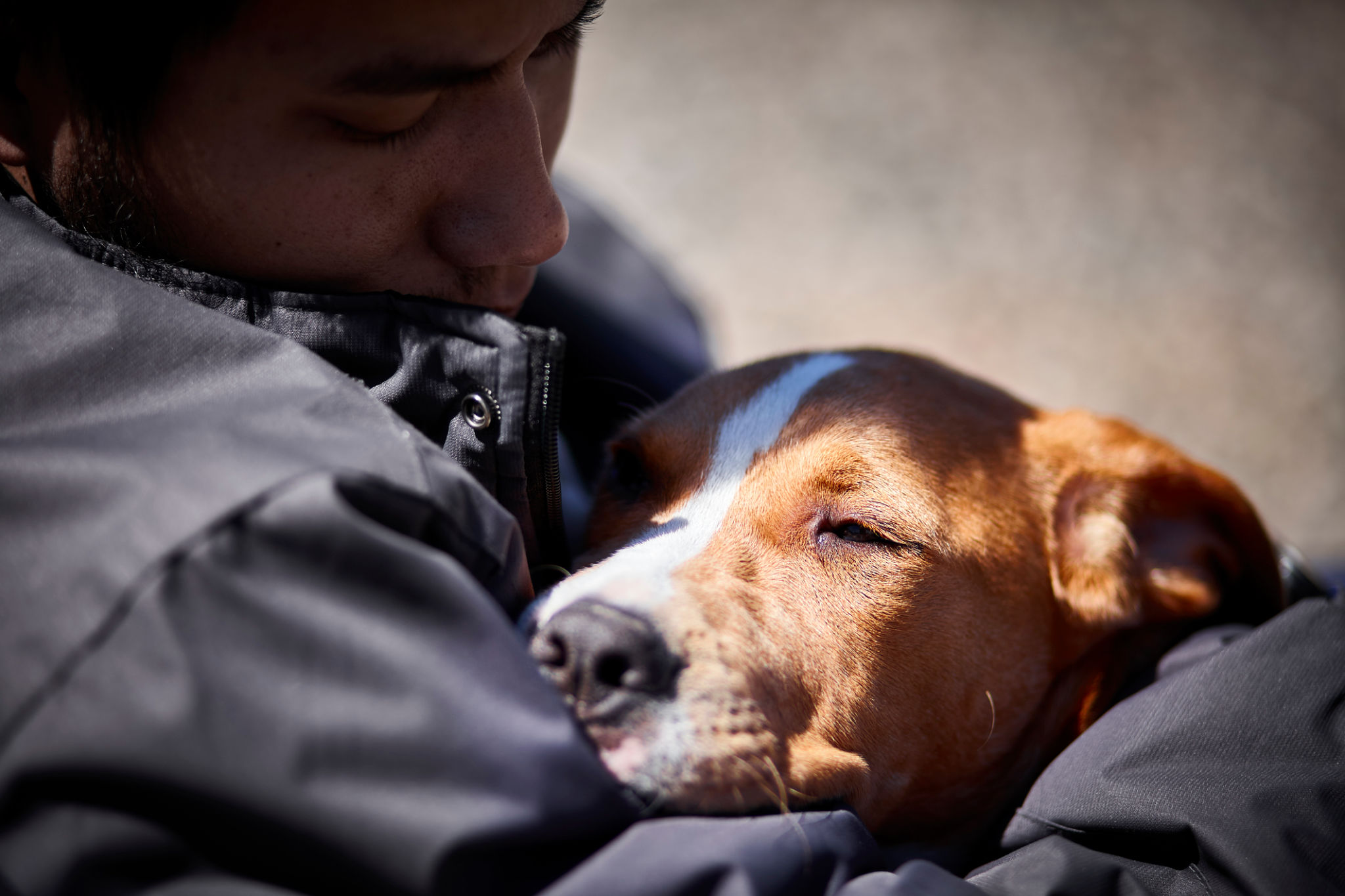A Comprehensive Guide to Psychiatric Service Dog Training
Understanding Psychiatric Service Dogs
Psychiatric service dogs are specially trained animals that provide support to individuals with mental health conditions. These dogs are not just pets; they play a crucial role in aiding their handlers to lead more comfortable and independent lives. Unlike emotional support animals, psychiatric service dogs are trained to perform specific tasks that directly assist with their handler's psychiatric disability.

Eligibility for a Psychiatric Service Dog
Before embarking on the journey of training a psychiatric service dog, it is important to determine eligibility. Individuals with disabilities such as PTSD, anxiety disorders, depression, and bipolar disorder may qualify for a psychiatric service dog. A formal diagnosis from a licensed mental health professional is typically required to proceed with acquiring and training a service dog.
The Training Process
Training a psychiatric service dog is an extensive process that requires dedication and patience. The training can be broken down into several key phases:
- Basic Obedience Training: This foundational training focuses on commands such as sit, stay, come, and leave it.
- Public Access Training: This phase ensures the dog behaves appropriately in public settings, adhering to high standards of conduct.
- Task Training: The dog learns specific tasks tailored to the handler's needs, such as interrupting panic attacks or reminding the handler to take medication.

Selecting the Right Dog
Choosing the right dog is crucial for successful training. Not all dogs are suited for service work; therefore, temperament and health are key considerations. Breeds commonly chosen for service work include Labrador Retrievers, Golden Retrievers, and Poodles due to their intelligence, trainability, and calm demeanor. An evaluation by a professional trainer can help determine a dog's suitability for service work.
Professional vs. Owner Training
Training can be conducted by professional organizations or by the dog owner themselves. Professional trainers bring expertise and experience, often leading to quicker results. However, training a dog independently can strengthen the bond between the handler and the dog, though it requires more time and effort.

Legal Rights and Responsibilities
Owners of psychiatric service dogs enjoy certain legal protections under laws such as the Americans with Disabilities Act (ADA). This includes the right to bring their service dog into public places where pets are typically not allowed. However, handlers must also ensure their dogs are well-behaved and do not pose a threat to others.
The Benefits of Psychiatric Service Dogs
The presence of a psychiatric service dog can provide immense emotional support and practical assistance. These dogs help reduce anxiety, increase social interaction, and offer a sense of security to their handlers. The partnership between a handler and their service dog is both transformative and empowering.
Training a psychiatric service dog is a rewarding journey that requires commitment but yields profound benefits for those who need them. These amazing animals make a significant difference in their handlers' lives, offering not just assistance but companionship and hope.